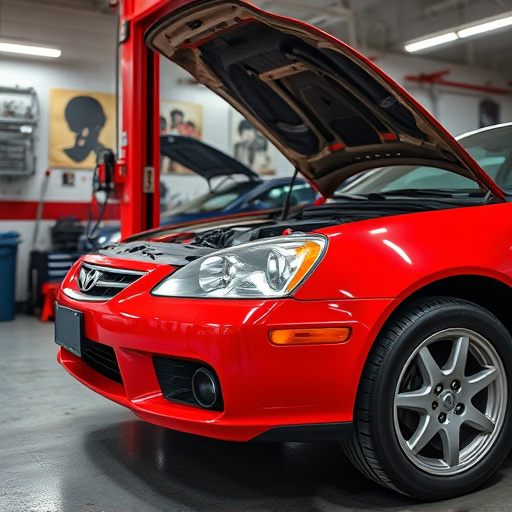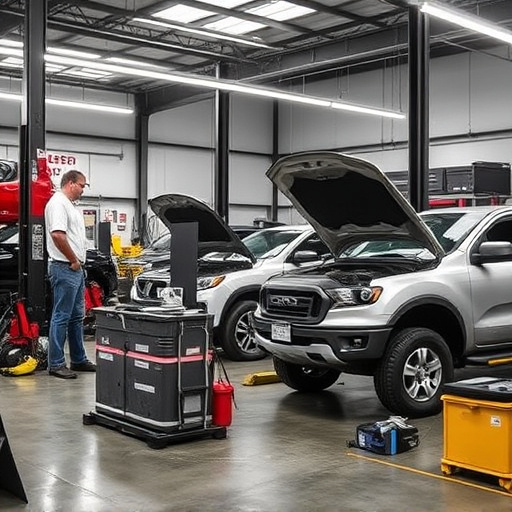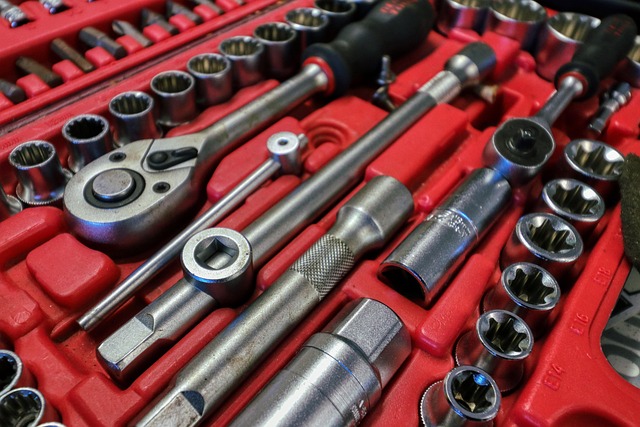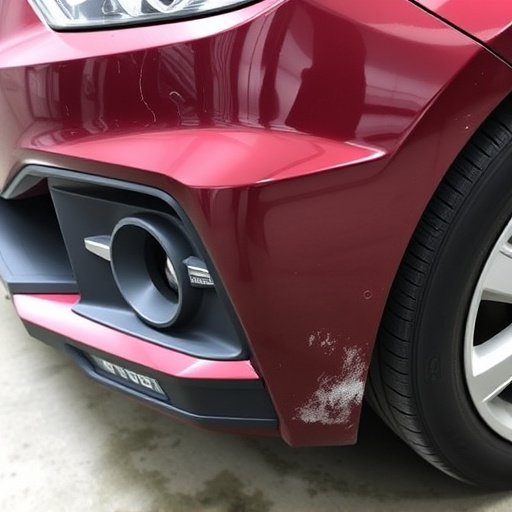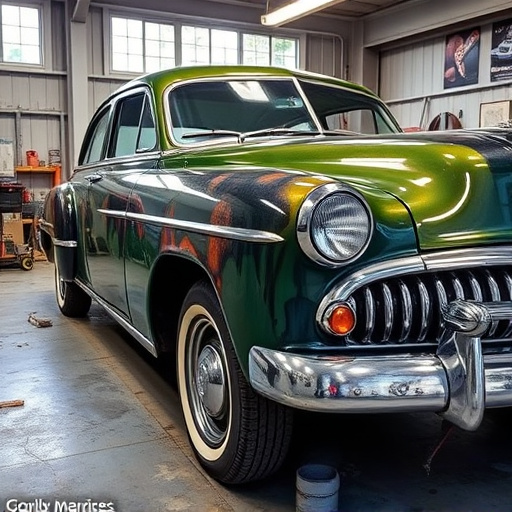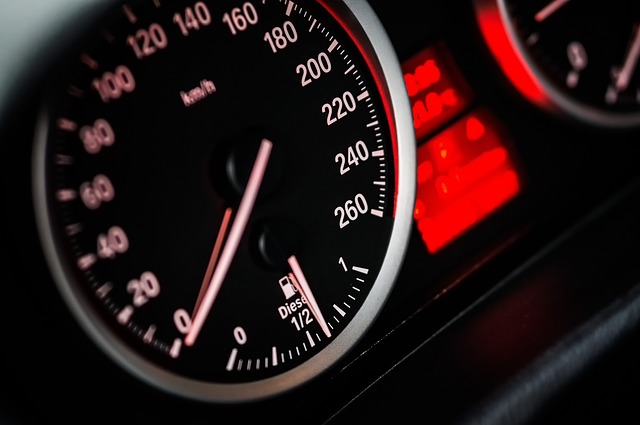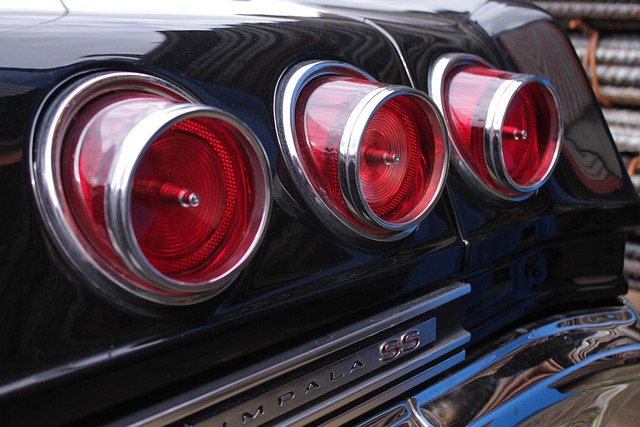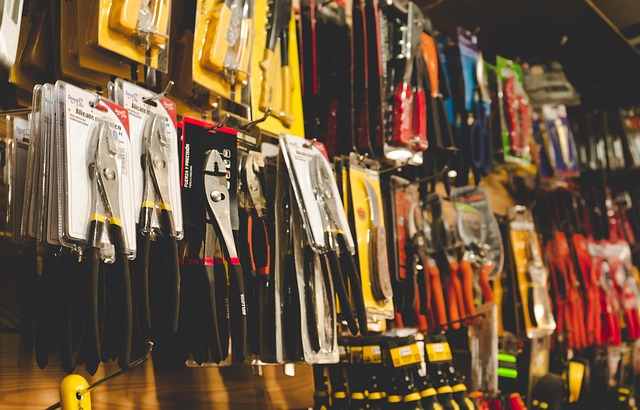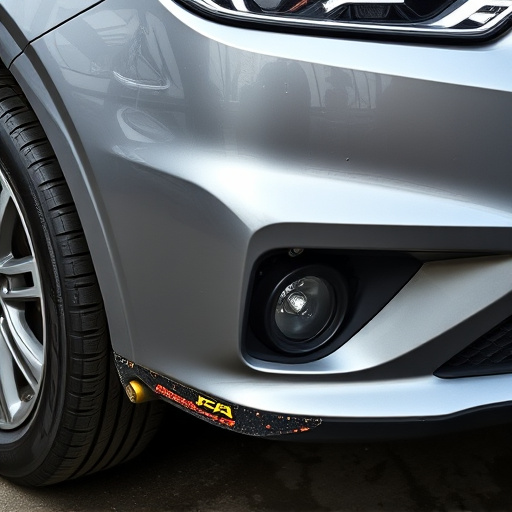Collision repair certification programs are more accessible and flexible than commonly believed, offering skilled learners a comprehensive range of automotive restoration skills from metalworking to vehicle paint techniques. These programs cater to diverse career stages, dispel myths about cost and time constraints, and provide the holistic knowledge needed for today's complex collision repairs, thereby enhancing credibility and customer trust.
“Unraveling the Myths of Collision Repair Certification: A Comprehensive Guide for Aspiring Technicians. Collision repair certification is a pivotal step in ensuring quality automotive restoration and unlocking lucrative career opportunities. This article aims to dispel common misconceptions surrounding these programs, offering insights into their benefits and practical aspects. From demystifying entry requirements to exploring diverse career paths, we guide you through the essentials of collision repair certification, empowering informed decisions in this rewarding field.”
- Demystifying Common Collision Repair Certification Misconceptions
- – Addressing the need for certification
- – Debunking popular myths about certification programs
Demystifying Common Collision Repair Certification Misconceptions
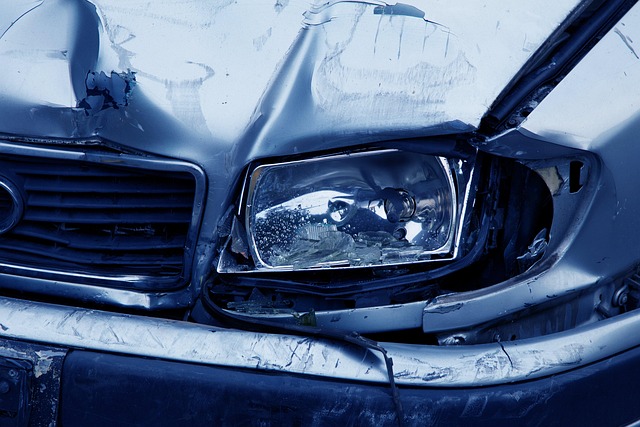
Many aspiring collision repair technicians are often overwhelmed by misconceptions surrounding certification programs. It’s essential to demystify these myths to make informed decisions about their careers. One common misconception is that obtaining a collision repair certification is a lengthy and expensive process. While specialized training is indeed required, many reputable programs offer flexible options, including part-time or online courses, making it accessible for individuals with varying schedules and financial constraints.
Another false notion is that certification only pertains to the technical aspects of vehicle collision repair. In reality, top-tier certification programs encompass a comprehensive understanding of car body restoration, vehicle paint repair, and even modern automotive technology. These programs not only equip students with practical skills but also provide valuable industry insights, ensuring they are job-ready and equipped to handle the intricacies of today’s complex vehicle repairs.
– Addressing the need for certification
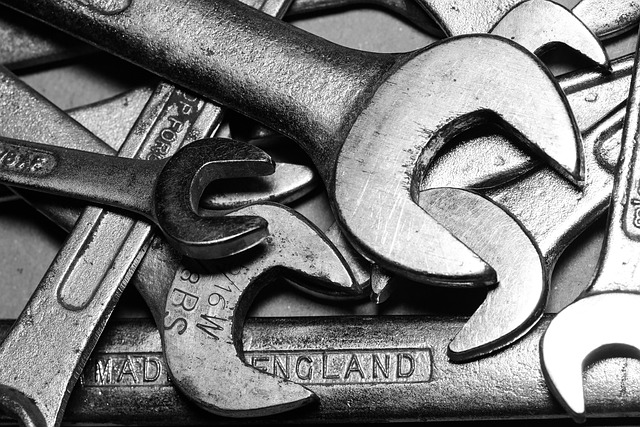
In today’s competitive automotive industry, the need for skilled and certified collision repair professionals has never been more evident. With an increasing demand for high-quality vehicle body shop services, consumers are becoming more discerning about their choices. Collision repair certification programs play a pivotal role in addressing this need by ensuring that technicians possess the necessary knowledge and skills to deliver top-notch repairs. These programs provide a structured learning path, enabling students to acquire specialized training in various aspects of automotive repair, from basic metalworking and painting techniques to advanced electronics and safety systems.
Certification not only boosts the credibility of collision repair services but also assures customers of consistent quality. It serves as a benchmark for excellence, setting a standard that distinguishes qualified professionals from the rest. By investing in certification, individuals not only enhance their employability in the job market but also contribute to raising the bar for the entire automotive repair industry. This, in turn, benefits consumers who can trust that their vehicles are in capable hands.
– Debunking popular myths about certification programs
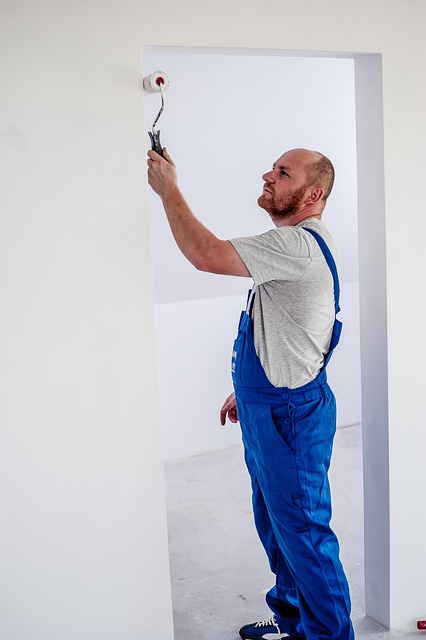
Collision repair certification programs have long been shrouded in myths and misconceptions. Many prospective students believe that these programs are only for those looking to jump into the industry with little experience, or that they are costly and time-consuming endeavors. However, these notions could not be further from the truth. In reality, collision repair certification is accessible to individuals at various stages of their careers, offering flexible learning paths tailored to fit busy schedules.
Another common myth is that these programs only teach basic auto dent repair skills, making them less valuable for those aiming for specialized roles like Mercedes Benz repair. The opposite is true; comprehensive certification courses cover a wide range of topics, including advanced techniques for both minor and major repairs. By demystifying these misconceptions, aspiring technicians can make informed decisions about their education, understanding that collision repair certification programs are designed to enhance skills and open doors to diverse automotive career opportunities.
Collision repair certification is a crucial step towards ensuring quality and safety in the automotive industry. By demystifying common misconceptions, individuals can make informed decisions regarding their career path. Understanding the value of certified programs empowers technicians to enhance their skills, build trust with clients, and contribute to the overall excellence of collision repair services. This knowledge ensures that consumers receive top-notch repairs, fostering a reliable and reputable automotive ecosystem.
